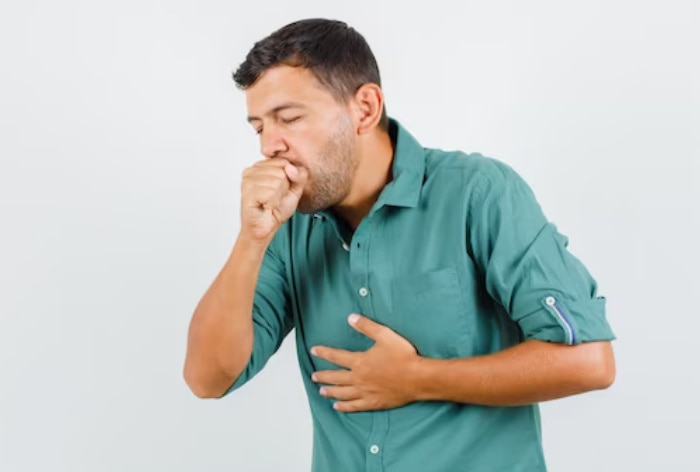How to Lower The Risk of Respiratory Diseases in Monsoon? 8 Tips to Follow
Getting wet in the rain can worsen allergies, which, if left untreated, can lead to cough, cold, and phlegm.
How to Lower The Risk of Respiratory Diseases in Monsoon? 8 Tips to Follow
Monsoon Health: Whether you live in a city or a village, you are probably looking forward to the arrival of the monsoon. While taking the first shower of the year can be enjoyable, it is important to protect yourself if you want to stay healthy and avoid viral infections. Stagnant water provides an ideal breeding ground for parasites like mosquitoes. Respiratory infections are common throughout the year, but they are more prevalent during the transition from one season to another. However, during the monsoon, these infections can become more severe and worsen existing diseases.
8 Tips to Protect Yourself from Respiratory Illnesses During Monsoon
- Eat a Healthy & Balanced Diet: Strengthen your immune system and reduce the risk of respiratory infections by consuming a well-balanced diet rich in fruits, vegetables, lean meats, and whole grains. Avoid processed foods as they can weaken your immune system.
- Maintain Personal Hygiene: Take a shower daily and keep your surroundings clean to lower the risk of respiratory infections. Use antibacterial shower products to protect yourself from harmful germs.
- Stay Hydrated: Drink plenty of fluids, such as water, herbal tea, or warm soups, to stay well hydrated and support your immune system. Aim for an average daily water intake of 2 to 3 liters. You can also try detox water to add variety to your hydration routine.
- Avoid Crowded Areas: Stay away from crowded places during the monsoon season as respiratory diseases can spread easily. If avoiding public places is not possible, consider wearing a face mask.
- Vaccinations: Consult your healthcare provider about getting vaccinated against common respiratory illnesses like influenza, pneumonia, or COVID-19 to protect yourself during the monsoon season.
- Cover Your Mouth & Nose: Cover your mouth and nose with a tissue or your elbow when coughing or sneezing to prevent the transmission of respiratory droplets. Maintain a safe distance from individuals who may be contagious, such as those with a cold or cough.
- Wash Your Hands: Regularly wash your hands with soap and water for at least 20 seconds to prevent the transmission of respiratory infections. Use hand soap that can kill germs and wash your hands frequently throughout the day.
- Avoid Touching Your Face: Refrain from touching your face as bacteria and viruses can enter through the mouth, nose, and eyes. Remember that germs can also be present on surfaces like phones, remote controls, and other items.
Inadequate sunlight and humid conditions during the monsoon can contribute to various monsoon-related illnesses. Mosquito bites, water, and the air can spread these illnesses. Therefore, it is important to take protective measures. Following these tips to prevent monsoon sickness is easy to implement.
Don’t Miss Out on the Latest Updates. Subscribe to Our Newsletter Today!

